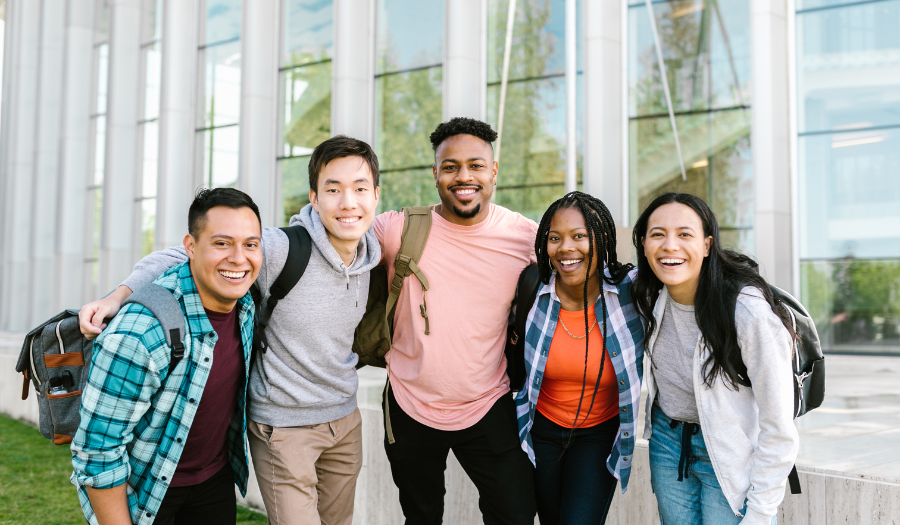Starting a new school year or even a new semester can feel overwhelming for many students. Between navigating class schedules, academic pressures and new responsibilities, students are often searching for something that helps them feel grounded. That “something” is usually people. Whether it’s a friend group, a club or a supportive mentor, belonging plays a powerful role in helping students feel connected and confident in their school journey.
Why Belonging Matters
Research shows that students who feel a sense of belonging at school are more likely to stay engaged academically, build resilience and develop the social skills they need for life after high school. Belonging is not just about having friends—it’s about having a supportive network that reinforces identity, encourages growth and helps navigate challenges.
Ways Counselors Can Help Students Find Their People
Counselors are in a unique position to guide students toward opportunities for connection. Here are a few strategies you can share with your students:
- Explore Clubs and Organizations: Encourage students to attend interest fairs or try out different clubs, even if they’re unsure. Exposure can spark unexpected passions.
- Lean Into Shared Interests: From robotics and theater to debate and art, interest-based groups help students find peers who “get them.”
- Start Small: Not every student feels comfortable jumping into a large group. Suggest smaller gatherings—study groups, mentoring programs or service projects.
- Connect with Adults on Campus: Trusted adults—teachers, coaches and counselors can also serve as anchors of support when students feel disconnected.
- Create Peer Ambassadors: Work with student leaders to welcome newcomers and model inclusive behavior. Sometimes hearing “You belong here” from a peer makes all the difference.
Encouraging the First Step
Often, the hardest part for students is simply taking the first step. Counselors can normalize that discomfort by reminding students that it’s okay to feel nervous and that many of their peers are searching for connection, too. Sharing personal stories or success examples can help break down barriers.
Final Thought
Helping students “find their people” goes beyond pointing them toward a club or activity—it’s about empowering them to build lasting relationships that make school feel less overwhelming and more like a community. As counselors, you have the opportunity to light the way toward those connections and, in doing so, nurture both academic and personal success
